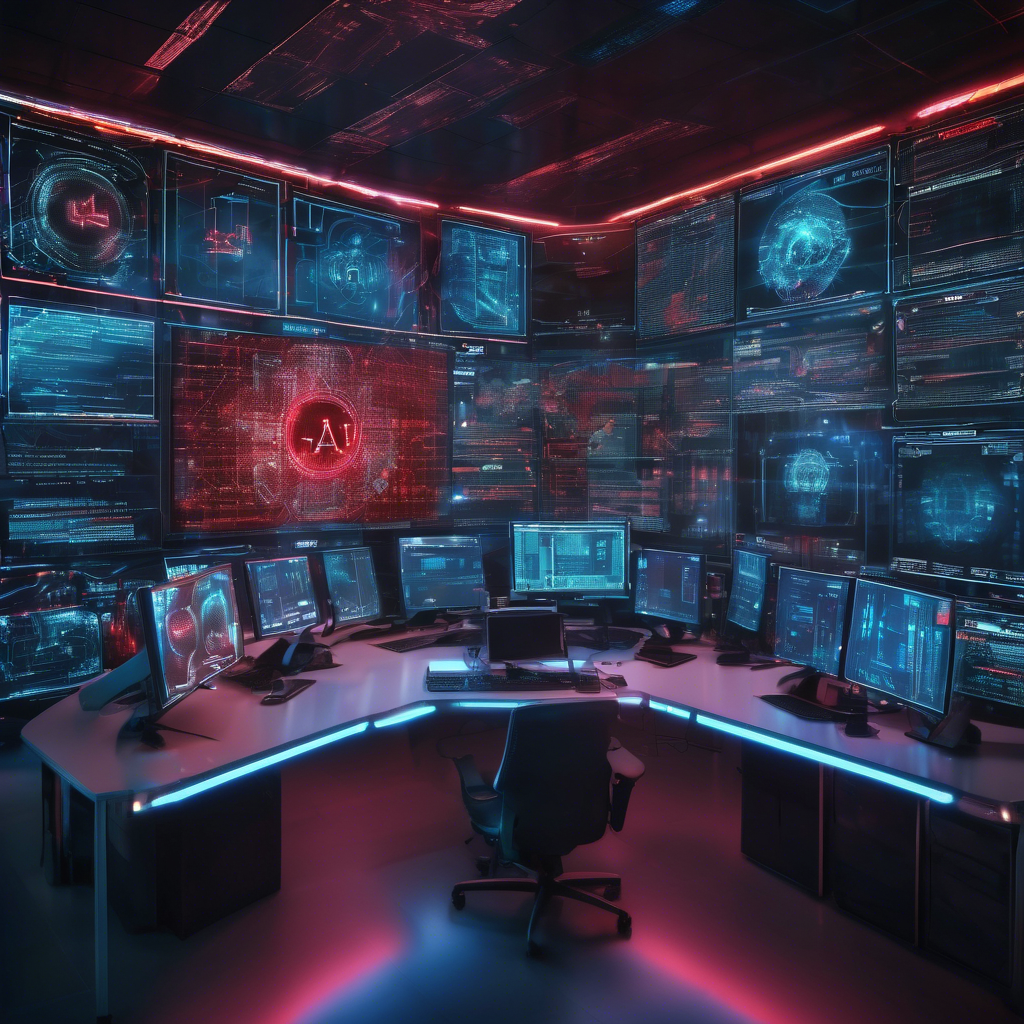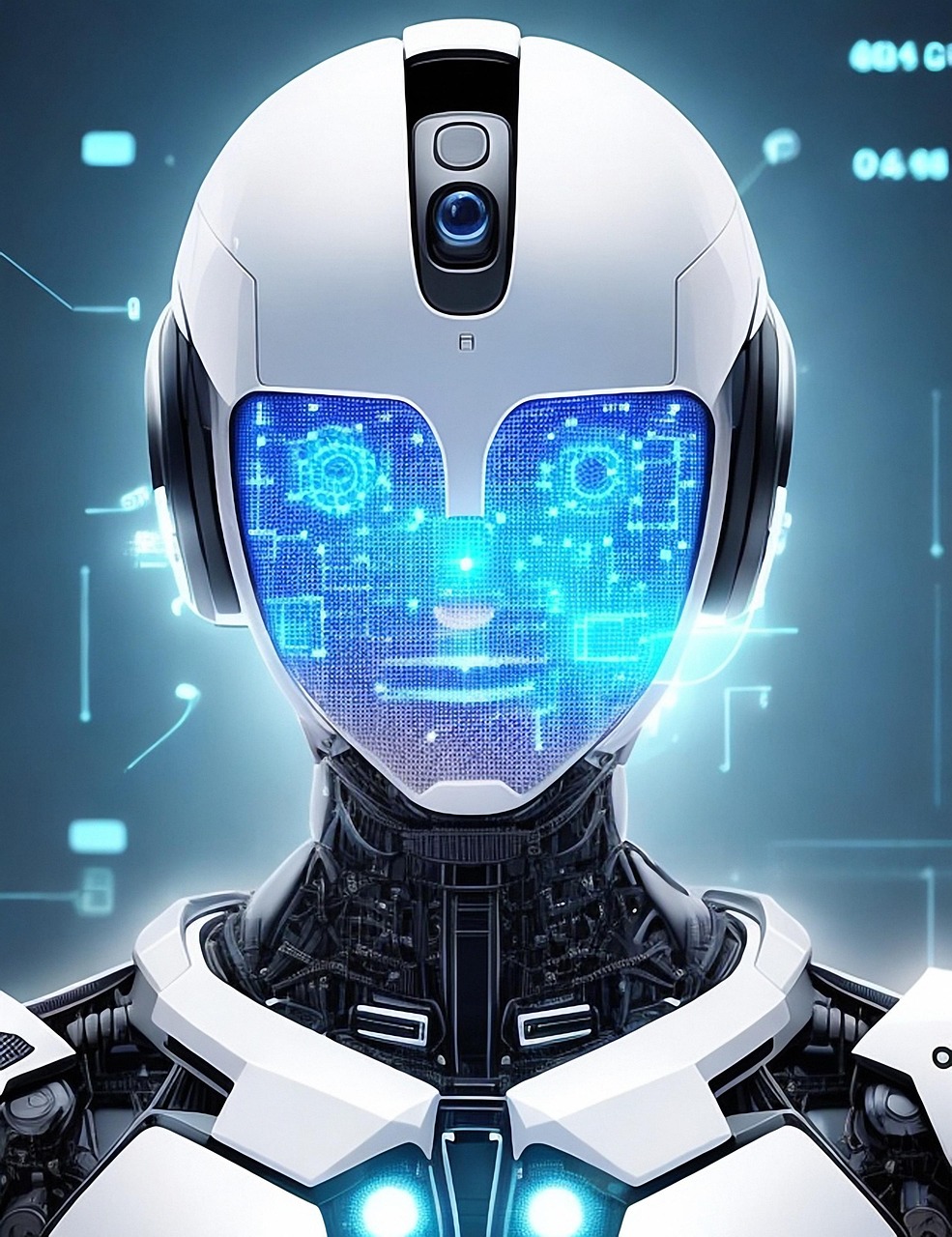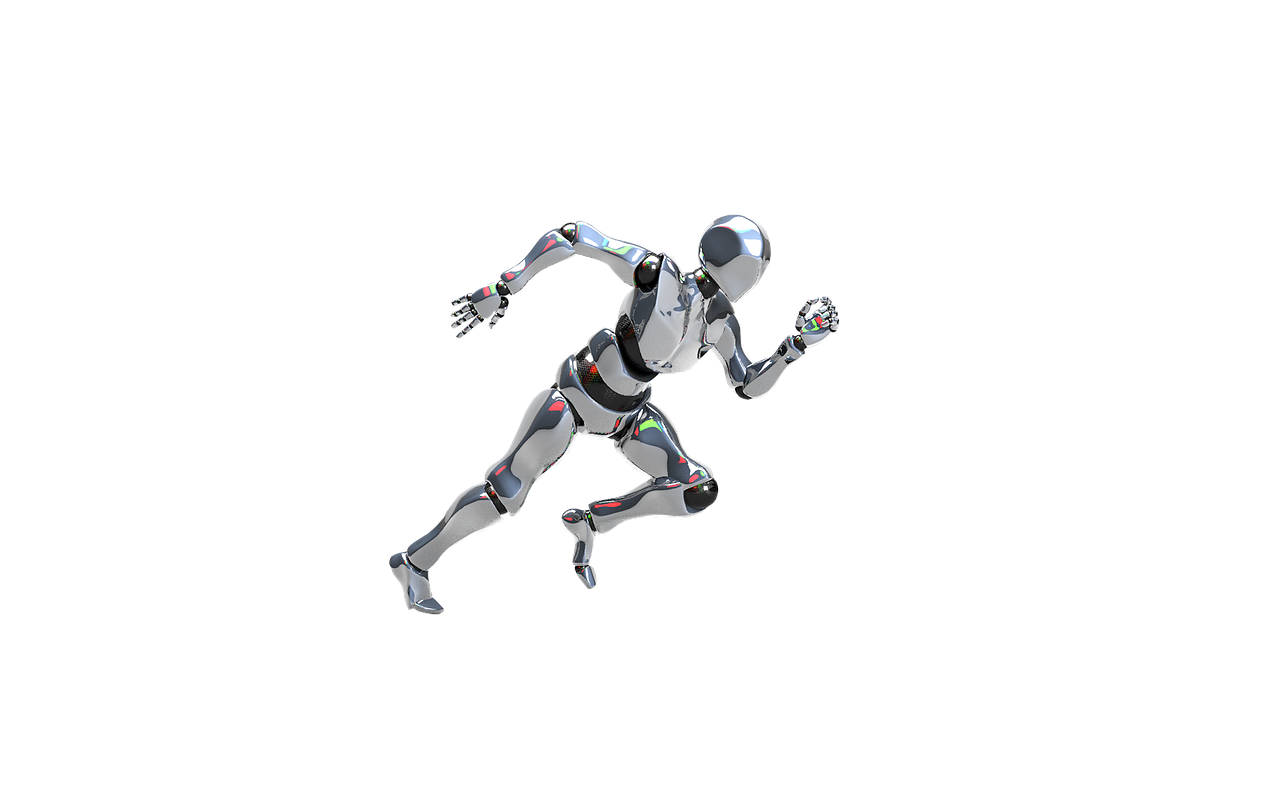Kevin Mandia Warns of Rising AI-Powered Cyberattacks: Cybersecurity Challenges Ahead

Brief news summary
Kevin Mandia, founder of Mandiant, warns that AI-powered cyberattacks could emerge within a year, posing significant challenges in detection and attribution. These threats are expected primarily from financially motivated criminal groups rather than nation-states. Advances in generative AI, which can create original text and code, enable more sophisticated and adaptable cyber intrusions. While leading AI providers like OpenAI and Anthropic implement safeguards, less regulated and open-source AI tools heighten the risk of misuse. Expert Chester Wisniewski notes that although attackers can leverage AI, their effectiveness is limited by the technical skills required. Mandia cites a 2001 Russian hacker case automating fraud as an example of criminals quickly exploiting new technologies. Despite these risks, experts remain optimistic about AI’s potential to enhance cybersecurity through improved threat detection and automated responses. The cybersecurity sector faces a dual reality, as AI introduces both new risks and vital defensive capabilities, emphasizing the need for continued investment and vigilance in AI-driven security strategies.Kevin Mandia, founder of the well-known cybersecurity company Mandiant, has issued a serious warning about the future of cyber threats. He foresees that AI-powered cyberattacks could become a real possibility within the next year. Mandia explains that such attacks would present major challenges for cybersecurity experts because attackers could use AI tools to carry out sophisticated breaches with little chance of detection or being traced. The idea of AI-enabled cyber threats has concerned the security community for years, but the rapid progress and wide adoption of generative AI technologies have greatly intensified these worries. Generative AI systems can create original content, such as text, images, and complex scripts, which can be exploited to enable more flexible and adaptive cyberattacks. Mandia emphasizes that the most likely source of these AI-driven cyberattacks is criminal organizations rather than nation-states. This distinction is significant since criminal groups, often motivated by financial gain, tend to quickly adopt new technologies for illicit use, whereas nation-states usually have strategic or political goals. Interestingly, Mandia notes that prominent AI models from companies like OpenAI and Anthropic are unlikely to be directly misused for malicious purposes due to built-in safeguards and restrictions designed to prevent abuse. Nonetheless, the cybersecurity landscape remains risky because less regulated or open-source AI tools exist, which threat actors could exploit. Supporting this perspective, Chester Wisniewski, a respected cybersecurity expert from Sophos, agrees that although attackers may already have the technical means to use AI in attacks, the incentive to do so fully remains limited for now.
This reluctance may stem from the challenges of integrating AI into existing attack methods and the limited expertise among criminals in leveraging such advanced technology. To illustrate how cybercrime evolves with technology, Mandia references a landmark 2001 case involving Russian hackers who automated online fraud schemes, significantly increasing the scope and efficiency of their illegal activities. This example highlights how cybercriminals historically adapted emerging technologies to boost their operations and suggests that AI could follow a similar path. Despite these emerging threats, cybersecurity professionals express cautious optimism about AI’s potential to enhance defense measures. The same AI technologies that could be weaponized are also being used to improve threat detection, automate responses, and strengthen the resilience of network infrastructures. AI’s capacity to rapidly analyze large volumes of data and detect anomalies offers promising ways to anticipate attacks and reduce their impact. In conclusion, the cybersecurity field faces a critical juncture where AI functions both as a serious threat and a powerful asset. Warnings from leaders like Kevin Mandia serve as urgent calls to action for organizations and governments to proactively invest in AI-powered security solutions while staying alert to increasingly sophisticated cyber threats. As AI continues to advance, so must the strategies to prevent its misuse, ensuring a safer digital landscape for everyone involved.
Watch video about
Kevin Mandia Warns of Rising AI-Powered Cyberattacks: Cybersecurity Challenges Ahead
Try our premium solution and start getting clients — at no cost to you

I'm your Content Creator.
Let’s make a post or video and publish it on any social media — ready?
Hot news

AI News Generator | BasedLabs
BasedLabs has introduced an innovative AI-powered news generator set to transform how news content is created and distributed.

AI-Powered Content Creation: Enhancing Marketing …
Content creation has long been one of the most time-intensive yet vital aspects of marketing strategies, traditionally requiring substantial human effort, creativity, and time to craft engaging materials that resonate with target audiences.

Better Metrics for AI Search Visibility
The emergence of AI-generated search and discovery is prompting merchants to assess their products’ visibility on these platforms.

AI Video Conferencing Tools Enhance Remote Work C…
Artificial Intelligence (AI) video conferencing platforms are rapidly transforming remote work by integrating advanced features that enhance collaboration and productivity.

Key facts: Amazon Earnings Report; AI Sales Propo…
Less than a 1-minute read Amazon

Did artificial intelligence really drive layoffs …
N. Lee Plumb, recently laid off from Amazon, is certain his departure wasn’t due to resistance to the company’s AI initiatives.

Marketing to ‘AI Agents’: The New Frontier of SEO
The shift in marketing driven by AI arrived without fanfare or consensus.
AI Company
Launch your AI-powered team to automate Marketing, Sales & Growth

and get clients on autopilot — from social media and search engines. No ads needed
Begin getting your first leads today








